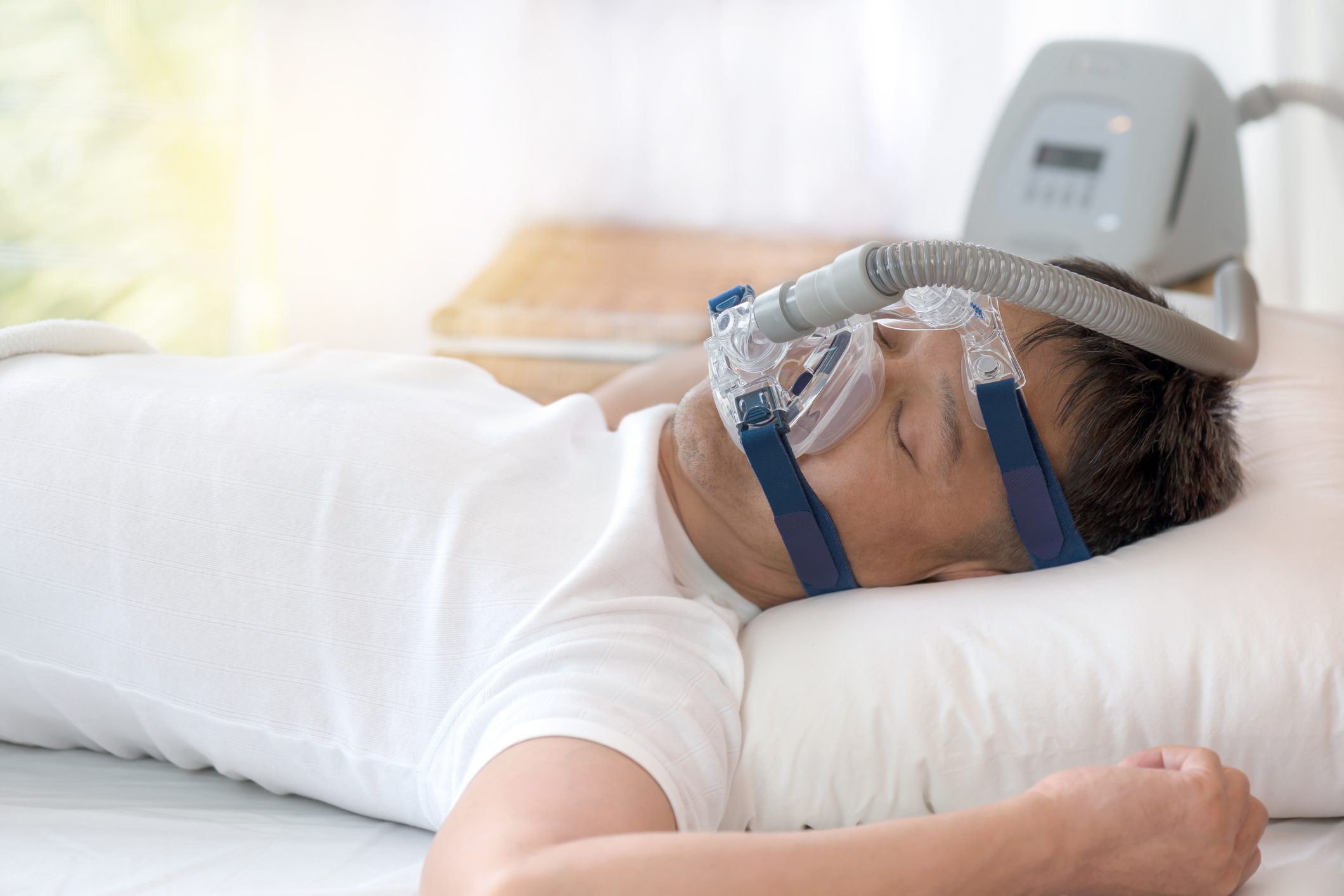Snoring and Sleep Apnea
Treatment of snoring and sleep apnea can help you and also bring solace to your partner. Dr. Chawla has completed an advanced university level training in the field of TMJ and orofacial pain. Her training in this field also includes the management of obstructive sleep apnea via oral appliance therapy. She has over 24 years of experience in Dental Sleep Medicine and can make an oral device to fit inside the mouth that can eliminate the need for a CPAP machine for some patients.
The oral appliance therapy is most suitable for patients with mild to moderate obstructive sleep apnea and most major medical insurance plans provide coverage for the diagnosis and treatment of this condition. Dr. Chawla is also approved as a Durable Medical Equipment (DME) provider for Medicare patients and can provide you with a custom made oral device to make the management of your sleep apnea much simpler. If you have been diagnosed with sleep apnea, you can schedule an initial evaluation at our office to determine if the Oral Appliance Therapy (OAT) would work for you.
What is Obstructive Sleep Apnea (OSA)
Obstructive Sleep Apnea is a condition where a person stops breathing while sleeping. This can happen due to collapsing of the breathing passages during sleep. Since breathing is essential for life, your body wakes you up automatically in order for you to breathe. Most of the time, you may not even be aware that you are waking up repeatedly just to breathe. This is due to the fact that the process of waking up and then going back to sleep is very quick. Sleep apnea affects you negatively in the following ways:
Low blood oxygen levels due to disruption of breathing several times while asleep
Disruption of sleep due to waking up repeatedly in order to breathe
Symptoms of Sleep Apnea
Some of the common symptoms of sleep apnea are:
Daytime sleepiness and difficulty staying awake during mundane activities like driving, sitting quietly, reading, and even while talking to someone
Not feeling refreshed upon waking up even though the duration of the sleep might have been normal
Feeling tired throughout the day and/or having the urge to nap during waking hours
Heavy Snoring and gasping for breath
Someone may have observed that you stop breathing while asleep
All these symptoms stem from a combination of many factors including, low oxygen level in the blood while asleep and also due to lack of restorative sleep
Diagnosis and Impact of Sleep Apnea on the body
A sleep study, also called polysomnography (PSG) is the best way to diagnose sleep apnea. Sleep apnea can be of the following types:
Obstructive sleep apnea,
Central sleep apnea
Mixed type of sleep apnea.
All of these can cause repeated cycles of decreased oxygen levels in your blood and aggravate or cause serious medical problems like, heart problems, high blood pressure, increased risk of stroke, diabetes and other adverse medical conditions. Therefore It is very important to treat sleep apnea as soon as it is detected.
Treatment of Obstructive Sleep Apnea (OSA)
Following are the possible treatment options for OSA:
Constant Positive Airway Pressure (CPAP) machine. This machine can be bulky and cumbersome for some people while others have no trouble adjusting to this device. It is the first line of treatment for severe OSA.
Oral Appliance Therapy (OAT). An oral appliances is a relatively more comfortable device worn inside your mouth. It is virtually inconspicuous and great for people who prefer not to use a CPAP machine or are intolerant to it. OAT may have some side effects for a very small percentage of people. It can be the first line of treatment for mild OSA and can be combined with the CPAP machine.
Uvulo-palato-pharyngeoplasty (UPPP surgery). This can be quite uncomfortable in the beginning, with a longer recovery and adjustment time. Surgery can decrease the severity of OSA and is a very useful adjunct for CPAP intolerant patients especially those with severe OSA. It is generally not indicated for people with mild sleep apnea but can be used for patients who are intolerant or unwilling to use any kind of devices.




